Delete Elon
I don’t think it matters whether you like or dislike Elon Musk. It is hard to argue that he has changed the world. He was a major player in the start and success of PayPal, brought all-electric vehicles to scale with Tesla, revolutionized space travel while trying to colonize Mars via SpaceX, is producing highly efficient and affordable solar shingles with SolarCity, and has bought and rebuilt Twitter into X. These accomplishments are hard to comprehend and there are plenty of things I left off the list (i.e. underground travel with The Boring Company, worldwide satellite internet with Starlink, and helping paralyzed people walk with Neurolink).
Reviews of Elon as a person and influencer are incredibly divided. For purposes of this article, I care about Elon the inventor, improver, manufacturer, and leader. My day job is running Gruber Pallets with my brother and team. I’m always trying to improve. One of the best ways to do that is to read. And, recently, I started reading Elon’s biography by Isaacson.
One of the main themes Isaacson draws upon in all of Elon’s work is the first two principles in Elon’s algorithm:
1: “Question every requirement.”
We live in a world of rules. Red tape is everywhere. You can see it on all the signs as you drive down the road and all the stores you shop at. Countless laws and regulations govern the US. Elon drives his people to question every requirement rather than assume it is valuable. Instead, he wants his team to assume the requirement or rule is not valuable. He forces people to drill into the requirement to find its source. It is not enough to say “The safety department requires it.” He wants a name for the requirement: “Who in the safety department required it?” He wants a person who can defend adequately the need to do extra work. If no person is found, then the requirement is deleted.
2: “Delete any part or process you can.”
Principle 1 naturally leads to principle 2. If you can’t find someone who makes the requirement compelling, delete the process. Yet, for Elon, deletion is not just for requirements without defenders. He urges people to constantly delete things that seem unnecessary. I suspect this is due to the speed by which you can change and improve. If you had to run complex statistics or models before deleting, everything would gum up. He deletes and let’s reality test if it is truly needed. He argues that unless you have to add something back in that you deleted then you didn’t delete enough.
Now, I find these two principles extremely helpful and something that Luke and I have done informally since joining Gruber Pallets. We joined in an office environment that had many rules but few could quickly or clearly explain why those rules were needed. Why do we print invoices on pink paper instead of white? Why do we file these paid bills in this cabinet? There were rules without deep rationale. That’s a dangerous place to be. It can spread like a virus and sicken your work system.
Rules are almost always added for great purposes the first time. A person or team was solving a problem and have made a solution they felt confident in. The solution slowly became law over time. It was passed down from one person to the next. However, businesses and systems are always changing. We often carry solutions further than problems last and then forget to stop the solution. Even more, people rarely feel the freedom to challenge passed-on and assumed processes. So our jobs continue to retain solutions to problems that no longer exist. The organization gets gummed up and everything gets less productive and efficient.
Questioning every requirement empowers every person to push back against inherited rules and assumptions. Elon offers this power to everyone and he even goes a step further. Elon also gives the power to delete processes or steps. What if instead of choosing where to file paperwork we just threw away the paperwork? What if instead of doing preventative maintenance we just got rid of the piece of equipment? Just today, in our office, we had a filing cabinet that was broken. After trying to fix it in numerous ways, we realized we had to replace it or pay for more thorough repairs. Luckily, Luke jumped in and just asked: “Why can’t we just delete the cabinet altogether?” It turns out, we could, we can, and we did.
Elon’s first two principles have been extremely helpful for me to think about as I strive to make improvements in my organizations. Instead of immediately trying to implement or improve something, I am going to question it and try to delete it. The worst-case scenario is that I need to add it back in. The best-case scenario is we never have to do it again. That is a risk that seems obviously worth making on most things.

